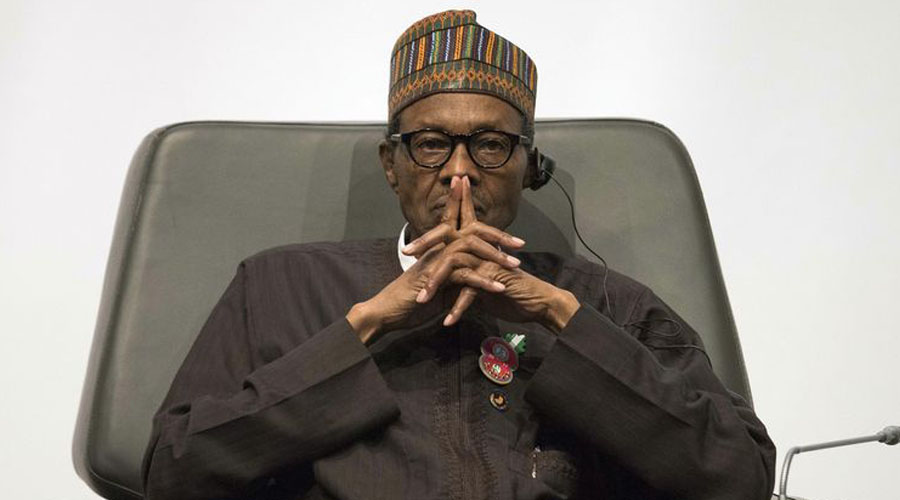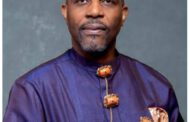Without a doubt the recreation of Muhammadu Buhari, a man who had contested for presidency three times and failed, into a winsome brand is one of the greatest political creativity in the country’s history.
The engineers of Buhari’s epochal victory successfully burnished his longstanding image. Leveraging on the growing community of social media users, they applied combined tools of media campaigns and slapdash propaganda to recreate the Duara-born army general into a new persona. From Buhari, the Northern irredentist, a religious bigot, unrepentant autocrat, rejected of Nigerians like a dangerous leper, his media artists deftly recreated another one, who is a pan-Nigerian, a liberal Muslim, a regenerated democrat, and an incorruptible leader.
Before it dawned on the befuddled then ruling Peoples Democratic Party, they were already chasing the tide. They groped for life in the turbulent political ocean, but there was no saving straw – they had lost the initiatives. The wind of change had set in, and what happened is now history.
Buhari came into office with the image of a ‘superhero’, – they cast in the image of the only one in our clime with proven abilities to grapple with the onerous challenges facing the country. Risking the effects of exaggeration, they present him as different from the leaders before him, who were ‘mere mortals, and pointed him up as the extraordinary leader Nigeria never had. It is therefore not surprising that people’s expectations of him were huge. Whether he has been able to live up to them is a matter for another day.
But I am persuaded that his recent announcement that he was going to appoint more ministers to placate members of his party who helped him win elections is indicative that Buhari himself has lowered his own expectations of himself. Just like in the case of the reinstatement of Maina, which we now know he was properly briefed on and warned beforehand of the possible public outcry (see Oyo-Ita’s leaked memo/ Maina’s interview), it has become clear that the president is now placing party or politics above national interest.
By that plan, the President would be appointing more ministers in addition to the current 36, which is considered unwieldy by any standards. And this is not for any reason but to create opportunities for party faithful. It is understandable that we are coming close to another election cycle, and the president ought to carry his base along, but I believe there are many ways to do so than to just throw more bodies on the job.
After all, in line with his party’s change mantra, which swept across the country like a wild fire, he was meant to bring about a new order of transparency, accountability and patriotism. It means that he would stick to policies and actions that deliver the greatest good for the greatest numbers. It means that he would not fall into the rut of routine, but chart a new order that best serves the interests of Nigerians, not any group or section in the country.
But I daresay that the appointment of more ministers as he has promised his ruling All Progressives Congress falls through under any of the aforementioned standards. There are two possible reasons for the promised appointments. One, to create more room for his faithful to make more money for the purpose of funding his possible re-election. Two, just to create more support base for himself in the party and facilitate his re-nomination to fly the party’s ticket in 2011. Nothing is wrong in carrying the party along as he governs, but that should in no way be to the detriment of the overall interest of Nigerians. But the questions that beg being asked is, Are the numerous board appointments already made and many more to be made not enough to reward the party faithful?
I would think that standing up to high standards of governance is the change the people hankered after by voting an ‘ascetic’ like Buhari. In every sense, a cabinet of 36 ministers, out of which 12 are ministers of state, are already unwieldy for country of Nigeria’s size and economic strength. If we add numerous special advisers and special assistants, many of whom have overlapping responsibilities, it is clear that the country runs a very heavy government. The United States of America, a country with about 300million people and an economic size of over $14 trillion, has only 16 cabinet level secretaries (ministers) and eight other officials are not secretaries but attend their cabinet meetings. Indonesia, which has comparable statistics with Nigeria, with a population 261 million, also maintains a cabinet size of 34, including the co-coordinating ministers and vice ministers (ministers of state). Think of India also, which has about 1.2 billion people and an economy far stronger than Nigeria’s. It has only 23 cabinet ministers.
What is clear from the foregoing is that there is no correlation between the number of ministers with rate or level of economic development. In fact, the concern of most countries all over the world is how to create lean, effective government, curtailing overheads and other recurrent items. I think the bigger picture is how to utilize the best hands, especially the technocrats, to deliver the greatest good for the greatest number. Out of 34 ministers in the Indonesia government, in our example above, only 14 are core politicians. The second term of former President Olusegun Obasanjo was largely successfully because he headhunted Nigerian professionals, within and outside the country and deployed them in strategic government positions. May be Buhari should draw a lesson from that and think more of quality not quantity.
With Nigeria’s economy in doldrums, every kobo should be positively utilised on tackling the needs of the people. For every minister appointed, the cost to the economy would be in hundreds millions of naira annually. Remember he would be paid all manners of allowances, allotted a house, car, domestic and official staff, and many perks of office.
A country whose budget is skewed heavily on the side of recurrent expenditure, paying out 70 per cent in operating costs, as against capital budgets that fuel development, should be worried. A truly change leader should be concerned about how to reduce the huge overhead costs in our government operations that have hampered growth and development for many years now.
Chijama Ogbu is the publisher on The Rainbow













